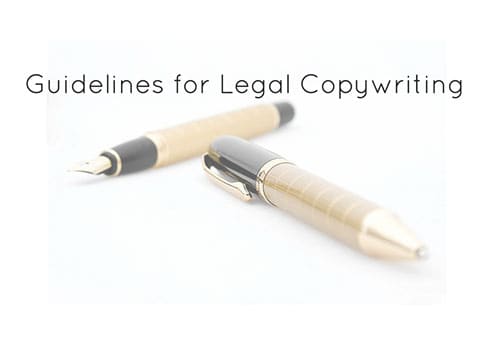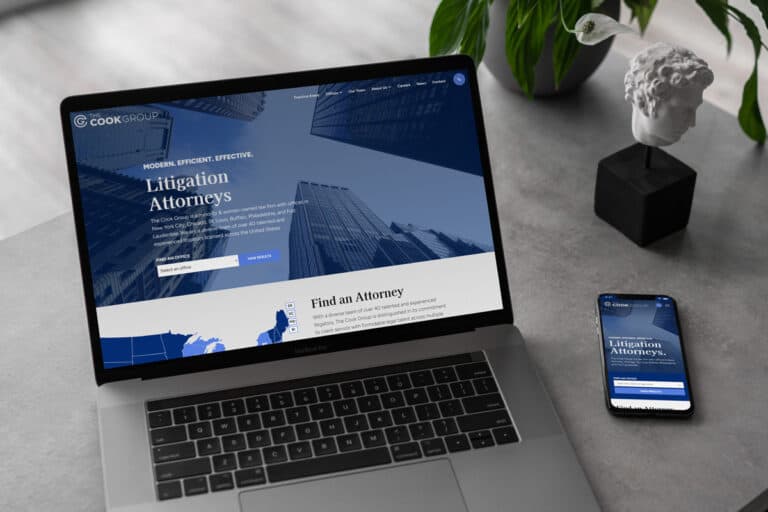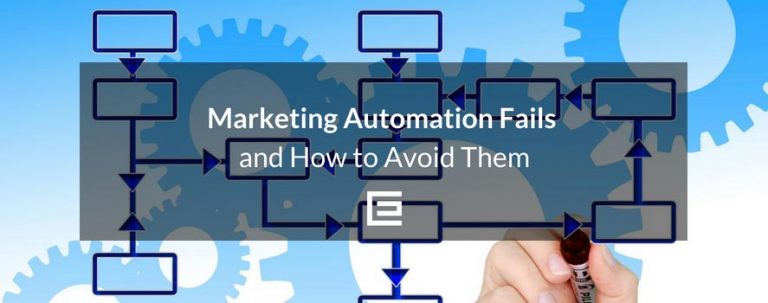Law firm owners recognize that high visibility online is a necessity in this day and age to be competitive. But, they may not fully comprehend the magnitude of content’s role in their success. Your law firm’s website is now your primary lead capture tool, so you want the content you add to focus on converting visitors into clients. However, the legal content writer must be aware of the legal language used in relevant documents, understand how the law works, and be able to communicate complex legal ideas.
In North Carolina, the NC Rules of Professional Conduct Rule 7.1 through Rule 7.5 cover legal website design and legal digital marketing and the specifics are detailed through multiple rulings and opinions. To help you maintain your ethics, our marketing team is taking a closer look at these rules and sharing what you can and can’t say on your website and across your advertising in North Carolina.

Writing Ethical Content for Your Law Firm’s Website
When writing website content, the most important things to remember are the proper use of disclaimers, avoiding misleading statements, and ensuring any claims made are substantiated by verifiable evidence. Let’s look at some examples.
Using Disclaimers on Your Website
Oftentimes we see law firms placing disclaimers related to privacy policies, information related to a blog or service, or that contacting you via your website doesn’t create an attorney-client privilege.
For example, if you post a blog about state laws related to driving while intoxicated, at the end of the page, you would want to add a disclaimer stating that the information should not be used as formal legal advice.
Avoiding Misleading Statements
NC RPC 7.1 states that lawyers “shall not make a false or misleading communication about the lawyer or the lawyer’s services.” This includes:
- Containing a material misrepresentation of fact or the communication leaves out facts that paint a full picture of the statement. An example of this would be, “We are experts in divorce law.” or “Our attorneys specialize in personal injury.” Unless you specifically have been certified as such by the relevant regulating body.
- Creating an unjustified expectation of results or implying a specific outcome. This includes statements like, “We will win your case!” or “We will make sure you get the compensation you’re entitled to!”
- Comparing your services and skills to another lawyer, unless you can substantiate the claim with verifiable facts, or even declaring yourself (or firm) to be the best or a leader in your area. This includes statements such as, “We’re the #1 law firm in Raleigh!” or “We are the best divorce lawyers in the Triangle.”
- A dramatization of a fictional situation unless there is a disclaimer at the beginning and the end of the communication stating it does not depict actual events.
Instead of making claims or dramatization, we recommend using language that focuses on your experience, your dedication, and advocacy. For example, you can still make a powerful impression and convert clients using phrases such as:
- “Our attorneys have over 50 years of combined experience.”
- “When you need a strong advocate who is dedicated to your case, reach out to our attorneys.”
- “We have successfully negotiated thousands of settlements for our clients and will fight to get a fair outcome for you.”
Using Testimonials
Testimonials from previous clients are an excellent tool to convert new clients, but it’s important to be mindful of ensuring no misleading information is given or a specific dollar amount is shared in reference to a civil case. The NC State Bar breaks down testimonials into what can be considered “soft endorsements” and “hard testimonials.”
A soft endorsement is when a previous client discusses aspects of the lawyer such as their dedication, responsiveness, compassion, and efficiency. “I truly felt like I had someone on my side advocating on my behalf,” or “She was available when I had questions or concerns and took care to explain every step of the legal process as my case went on.” These types of statements don’t require a disclaimer to use on your website or social media.
A hard testimonial includes more specific, case-related information and can be considered misleading if it’s presented in a way that prospective clients may think they would get the same results. For example, “In my shoplifting case, he had all the charges dropped so I could start over with a clear record,” would be misleading. However, you can use testimonials that include specific information as long as it’s accompanied by a disclaimer.
Representation Through Images
It’s common for law firms to use stock photography on their website, but if you do, make sure you use images that represent your website and practice accurately. For example, if you are a sole practitioner, you wouldn’t want to use an image on your home page that showed a group of attorneys as that may mislead people to think your practice is larger than it is.
Stock images of courthouses, legal volumes, documents, and meetings are generally safe to use for your law firm’s website. On your home page and about pages, we would highly recommend using professional images of your team and your office.
Awards and Recognition
If you’ve won awards or have been recognized for your work by an organization, these can be an excellent way to highlight your expertise and ability. Again, language matters in this case, so you would want to actively mention that you were awarded or recognized by an organization, and use the exact verbiage of what you received, linking back to the organization, if possible.
Rather than including phrases like “award-winning attorney” or “named the best lawyer in Wake County,” in your content, having a section on your About page or even a separate page of your achievements with a listing is the most effective and ethical way to state your capabilities.
The standards and guidelines related to ethical content in legal marketing make it essential to partner with experienced professionals to create and manage your content. Since 2004, we have built websites and managed marketing campaigns for our clients that are ethically compliant and highly effective at increasing visibility and attracting new leads.
Why Is Quality Copywriting Important for Law Firms?
Quality legal content writing is the key to an effective legal website. It should be used to educate visitors about legal topics and services, provide testimonials from satisfied clients, and help potential clients find the information they need quickly.
Quality legal content writing can:
- Demonstrate your expertise in specific practice areas
- Build trust with potential clients
- Convert more leads
Additionally, legal copywriting should always be clear and concise so that users can easily understand what you are saying or offering.
Legal copywriting should also be backed up with legal terms and definitions to ensure that the legal content is accurate, reliable, and authoritative. This will help the reader have a better understanding of legal jargon. Additionally, legal copywriting should be written in an engaging style to keep visitors interested and engaged in your website’s content. Lastly, legal content should be optimized for search engines using proper keywords and phrases so that your website can easily be found by potential clients.
Looking for Experienced Legal Content Writing Services?
Focus your effort on what matters most – your clients. Let our digital marketing specialists handle the SEO and content for your law firm – without the worry of penalty or damage to your reputation. Contact TheeDigital by calling 919-341-8901 or schedule a consultation to see how we can help you, today!
Tags: Digital Marketing • Legal Marketing






